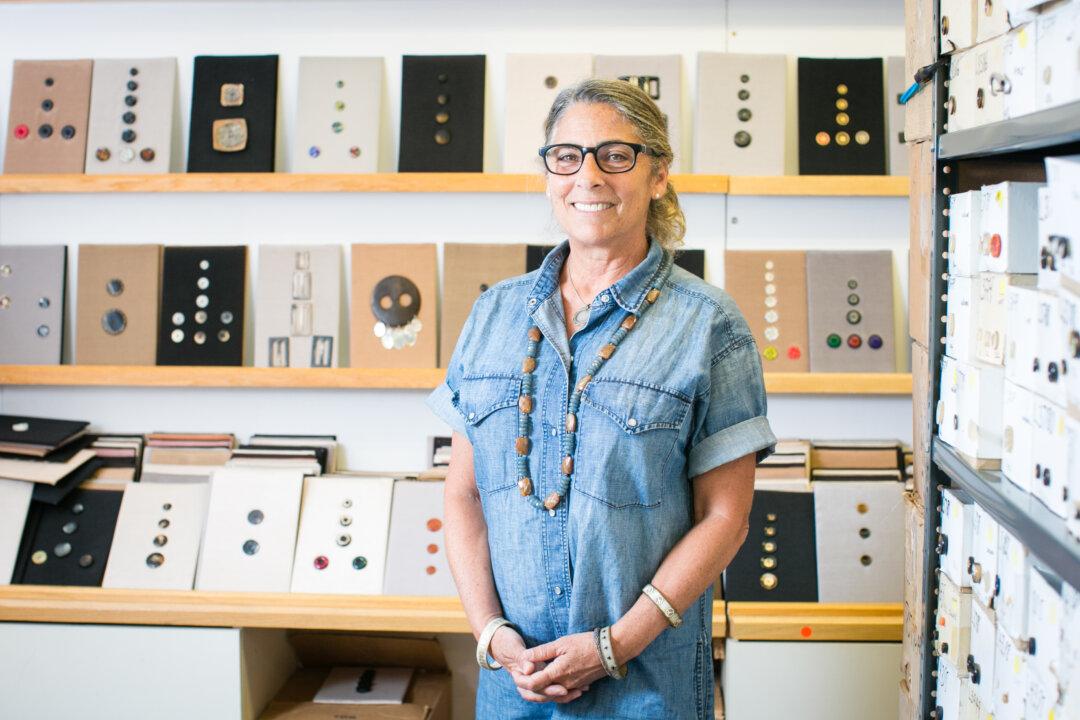WALLKILL—If you ask a farmer what they wish for, it would be good soil, good weather, and a helping hand to work the land.
Bradley Stroll, co-owner of the organic Fresh Meadow Farm in Wallkill has most of that, as well as an old-fashioned work ethic and boundless optimism.
“I love doing it. I want to build this farm into the biggest and best organic farm in Orange County—that’s my goal,” Stroll said.
He always loved the countryside and growing things, and plans to live at the farm all year round, eventually using the produce that he grows.
Stroll is a graduate of The Culinary Institute of America and has spent over 30 years in the bakery business, having also worked at the Waldorf Astoria Hotel in New York. Currently, Stroll and his family—his wife Catherine, and two daughters, divide their time between their New York city bakery called “Food Gems,” and the farm in Wallkill, which they bought eight years ago.
He relishes the change of scenery and explained that he never gets tired of observing how a handful of seeds turns into such bounty.
“When the envelope comes, it’s this tiny packet of seeds, and by the time you’re done, you’re filling trucks full of lettuce from that little envelope—it’s a good feeling. All the energy is in that little seed,” Stroll said with a sense of wonder.
No Roundup In Sight
The fields and the greenhouses on his 56-acre farm have started to sprout with vibrant green shoots rising out of the famous Orange County black dirt that an ancient glacier left behind. And although there’s not much to harvest yet, the weeds love the soil just as much as the vegetables, so before planting the tiny vegetable seedlings they use a special rototiller attached to a tractor that turns the soil and the weeds, so that they become compost.





